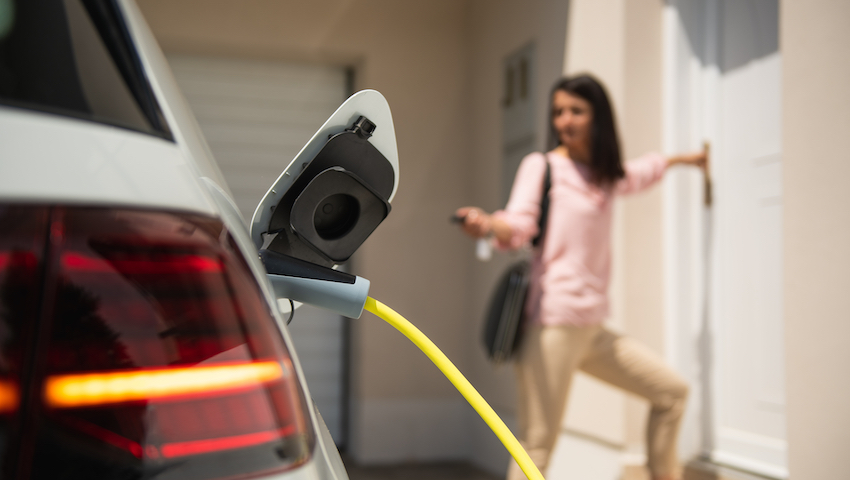Rising fuel costs to boost EV sales in 2022, says Versinetic
High fuel costs at the end of this year will boost electric vehicle sales throughout 2022, according to EV charging solution firm Versinetic.
The company, that provides components and design services to the EV charging industry worldwide, shared its predictions of trends that are most likely to dominate the EV industry in 2022.
Its group of engineers believe that combustion car sales will continue to fall, with diesel dropping by another 50% and petrol by 25% over the year. The high fuel costs at the end of 2021 will also accelerate electric vehicle sales throughout 2022.
As well as this, it predicts BEV sales to slow down in the end, hitting around 50% (a 67% rise) by 2023, rather than 60% (a 100% increase).
It adds that EVs in the EU will grow by at least another 50% taking them up to about 30% of the market, with the UK’s BEV sales growing from 200K units to about 400K units – partly at the expense of PHEVs and HEVs which will both fall in market share and, possibly, units.
European sales will follow a similar trend, with Germany and several other countries pulling ahead of the UK. Global sales growth won’t be as marked, because so much of the rest of the world has barely begun the transition and the US is somewhat behind Europe.
There will be two types of EV sales, also; lower cost everyday replacement of run around town cars and then the other extreme 0-60 in four-seconds luxury models. Versinetic’s engineers said that as we see more choice in the mid-size everyday family cars, we are likely to witness an increase in sales.
Increased EV sales will change the EV driver community
Versinetics report adds that up until last year, EV drivers were early adopters and enthusiasts about all things new, so they were willing to learn about kW and kWhrs and slow and fast chargers, for example. From now on, the majority of EV buyers will be ordinary people.
It predicts less social interaction and community help at the charge points. It states: “Before, people would go out of their way to look out for other EV drivers, because they were part of the same early adopter’s club. Now, EV charging point users will be thinking about other things. They might not even realise that there is a difference between fast and slow chargers. New EV drivers may leave a car at a fast charger while spending the day shopping, leaving dozens of other drivers fuming at their “selfishness”. Move over road rage and make way for charger rage.”
EV charging will get easier, and home charging increase
Consolidation on charging will help, both on the connectors and types of charging, according to Versinetic. It said: “The costs of charging at some of these points can be high though so we believe for many, home charging will be the norm as more and more office sites which are offering free charging now will start to turn to a £/KWh model. Ultimately, giving away free electricity is something that can only be done for so long!”
Smart charging means developments needed for excess energy storage
Legislation requiring all EV chargers to be smart, will further fuel the push for smart energy monitoring, storage and usage during 2022. For example, what to do with excess energy generated on site, as it is more efficient to charge and store it locally than pushing it back to the grid.






